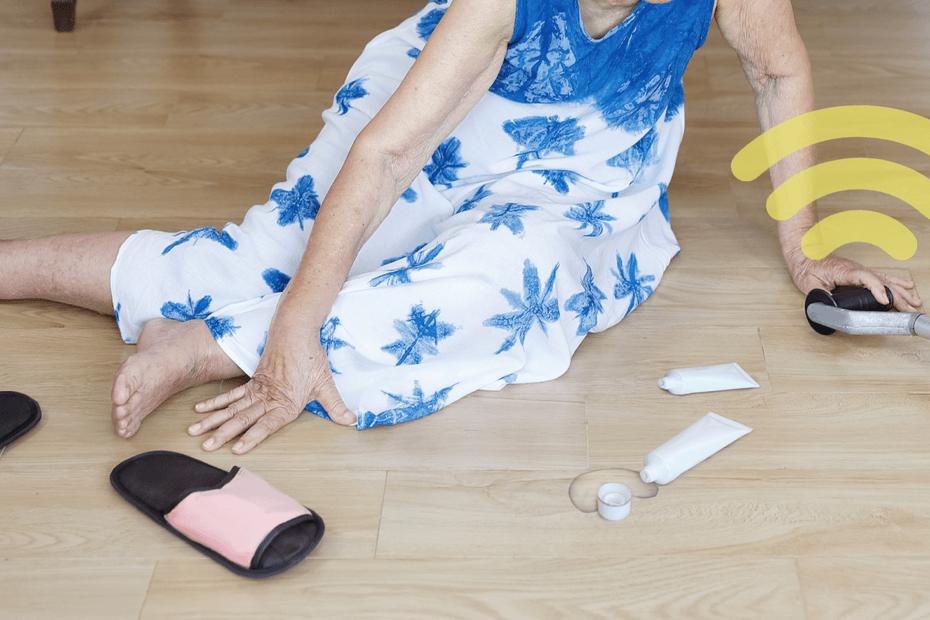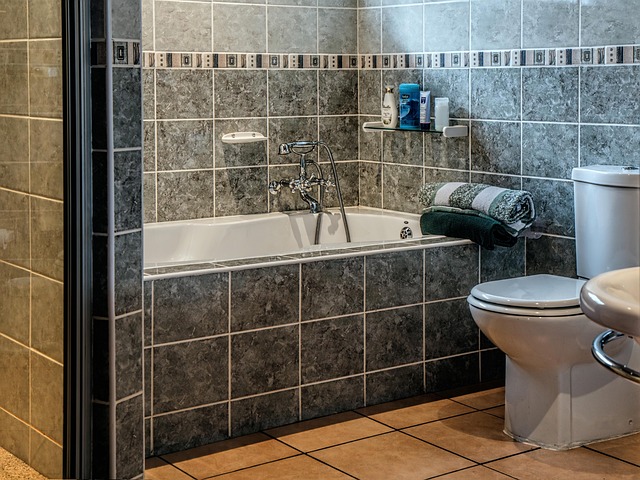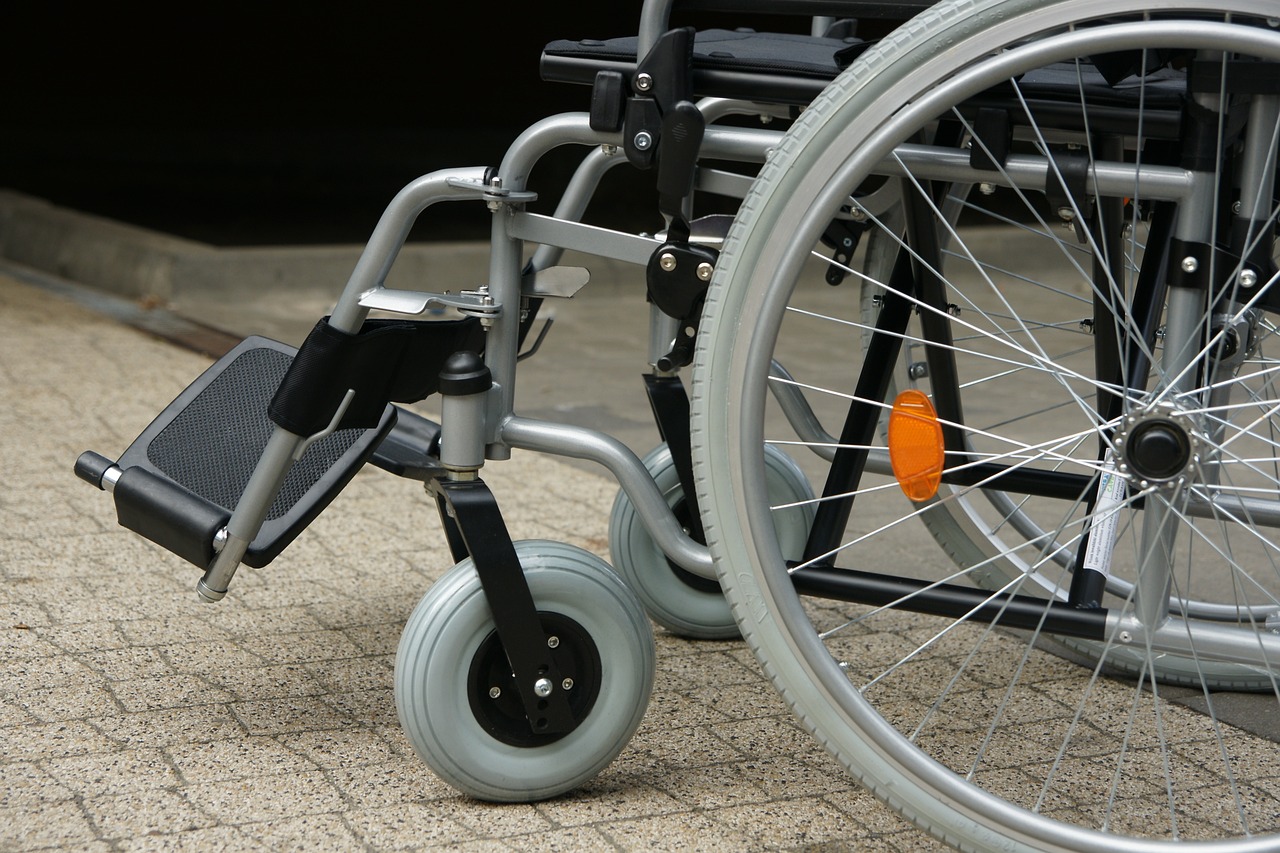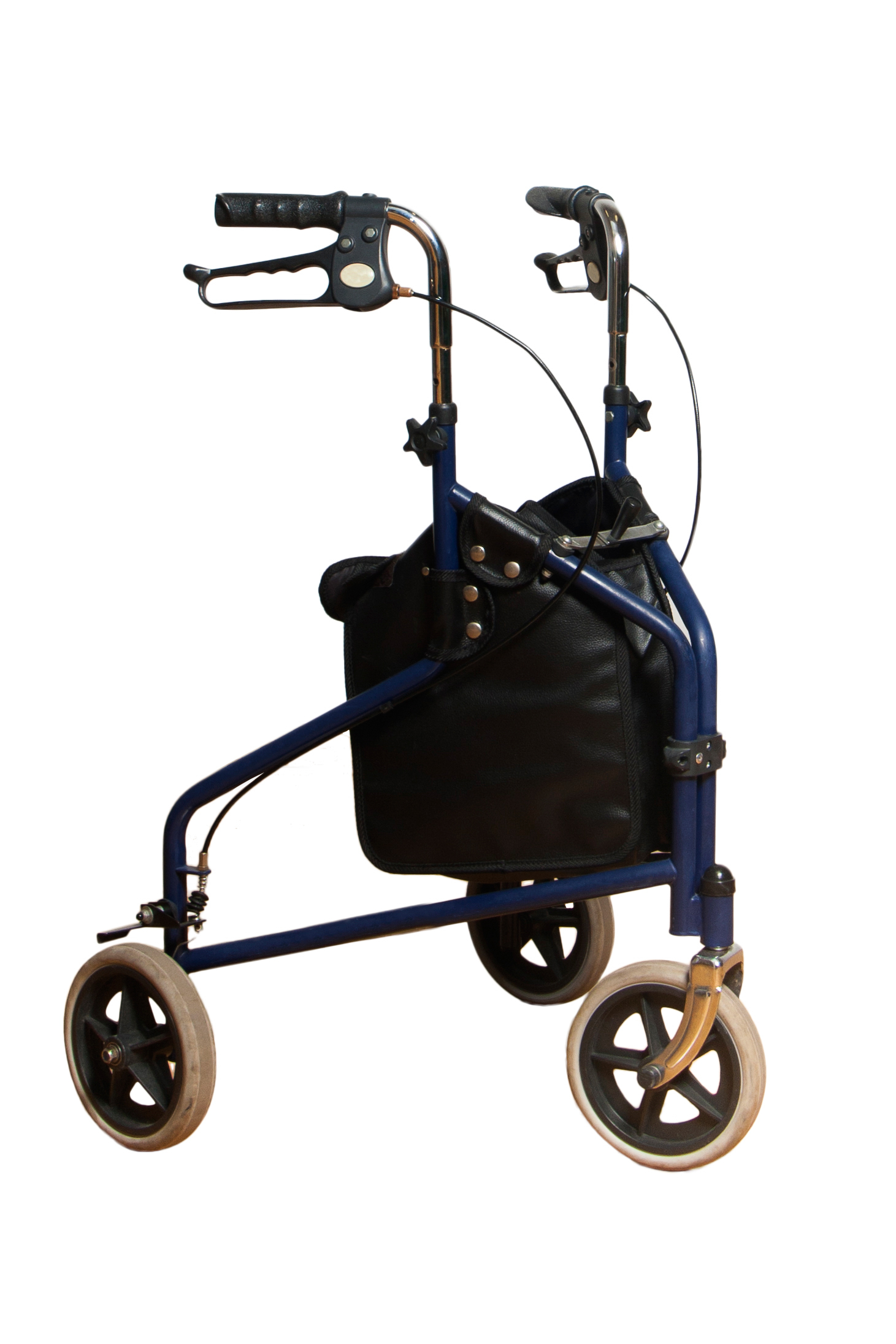Medical alert systems can be life-saving devices for seniors, especially those living alone or at risk of falls and other emergencies.
These systems basically provide 24/7 monitoring, ensuring help is just a button press away.
These devices can significantly improve the safety for seniors, especially those living alone, but that doesn’t necessarily mean Medicare will pay for them.
In this guide, we’ll break down how Medicare handles medical alert systems, what alternatives may exist, and other ways to potentially get assistance paying for one.
After reading, you’ll know everything you need to when it comes to paying for a medical alert system.
Does Original Medicare (Part A and Part B) Cover Medical Alert Systems?
Unfortunately, Original Medicare (Part A and Part B) does not cover the cost of medical alert systems.
Medicare focuses primarily on covering medically necessary services like hospital stays, doctor visits, durable medical equipment (DME), and preventive care.
In Medicare’s eyes, medical alert systems don’t fall under the category of DME, nor are they considered medically necessary by Medicare.
Which is a shame because medical alert systems can call for emergency assistance as soon as a fall or accident happens, sometimes saving seniors hours of discomfort.
I know I’ve personally heard plenty of stories over the years of patients who spent hours on the floor until friends or family eventually found them.
But we know Medicare really isn’t in the habit of paying for preventative services (but that’s a topic for another day…)
Why Medicare Doesn’t Cover Medical Alert Systems
The primary reason Medicare doesn’t cover these systems is that they’re considered a convenience rather than a medical necessity.
Unlike oxygen tanks or wheelchairs, which directly assist with a medical condition or physical limitation, medical alert systems are considered supplemental safety devices.
This means they fall outside the realm of what Original Medicare pays for.
Does Medicare Advantage (Part C) Cover Medical Alert Systems?
While Original Medicare doesn’t cover medical alert systems, Medicare Advantage plans (also known as Part C) may provide some coverage.
Medicare Advantage plans are offered by private insurers and are required to cover everything that Original Medicare covers, but they often include additional benefits such as vision, dental, and wellness services.
Some Medicare Advantage plans may offer medical alert systems or a related service as part of their extra benefits.
However, this varies by plan and provider, so it’s essential to review the details of your plan or speak to your insurer to determine if a medical alert system is covered.
What to Look For in Medicare Advantage Plans:
- Supplemental Benefits: Check whether the plan includes any wellness or safety benefits.
- Out-of-Pocket Costs: Even if medical alert systems are covered, you may have to pay part of the cost, so review your coinsurance and copayment details.
- Providers and Equipment: Some plans may only work with certain medical alert companies, so make sure your preferred system is included.
Alternative Ways to Pay for Medical Alert Systems
If you don’t have coverage through Medicare or Medicare Advantage, there are still other options to help cover the cost of a medical alert system:
1. Medicaid
In some states, Medicaid may help cover the cost of medical alert systems.
Medicaid programs vary by state, so coverage will depend on your location and individual circumstances.
Some state Medicaid waivers offer assistance for home and community-based services, which may include medical alert systems.
2. Long-Term Care Insurance
If you have long-term care insurance, your policy may cover medical alert systems.
These policies often cover services that help seniors stay independent, including monitoring systems for emergencies.
These services also pay for in-home caregivers, but there are limitations on the amount of days per week and/or the number of hours per day these caregivers can provide care.
Honestly, I’ve heard horror stories about how challenging it can be to get long-term care insurance to pay for anything, but if you already have it, it’s worth checking out.
3. Veterans Affairs (VA) Benefits
Veterans may qualify for medical alert system coverage through VA benefits.
If you are a veteran or the spouse of a veteran, reach out to the VA to learn about their Veteran-Directed Care program, which may help cover the cost of medical alert systems.
4. Non-Profit Organizations
Some non-profit organizations or local programs may provide free or discounted medical alert systems to qualifying seniors.
Organizations such as the Area Agencies on Aging (AAA) often have resources for seniors who need assistance with medical equipment and services.
5. Discounts from Medical Alert Companies
Many medical alert system providers offer discounts, trial periods, or low-cost options for seniors on a budget.
Some companies may offer sliding scale pricing or referral discounts as well.
I know that the home health agency that I work with has a deal with one of the medical alert carriers that allows our patients to receive free monitoring while we’re working with them (but they would have to start paying for their own services once we discharge).
Key Features to Look for in a Medical Alert System
If you decide to purchase a medical alert system on your own, here are some features to consider:
- 24/7 Monitoring: Look for systems that provide 24/7 monitoring and have fast response times.
- Fall Detection: Many systems offer automatic fall detection, which can be critical for seniors prone to falling.
- Mobile Functionality: Some systems come with mobile units, allowing you to call for help even when you’re away from home.
- Water Resistance: Ensure the device is waterproof so that it can be worn in the shower, where many falls occur.
- Battery Life: Choose a system with a long-lasting battery, so you don’t have to worry about frequent recharging.
Final Thoughts
While Original Medicare doesn’t cover medical alert systems, there are alternative ways to obtain one, such as through Medicare Advantage, Medicaid, or other assistance programs.
And with so many options available, it’s important to explore your coverage and budget to find the best system that ensures safety and peace of mind.
Before making any decisions, be sure to review all options available to you and consider speaking with a Medicare or insurance expert to maximize your benefits.
Staying informed about your choices can help you or your loved one maintain independence while staying safe.



